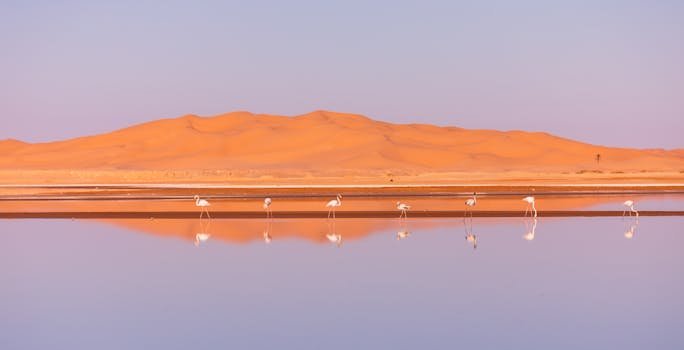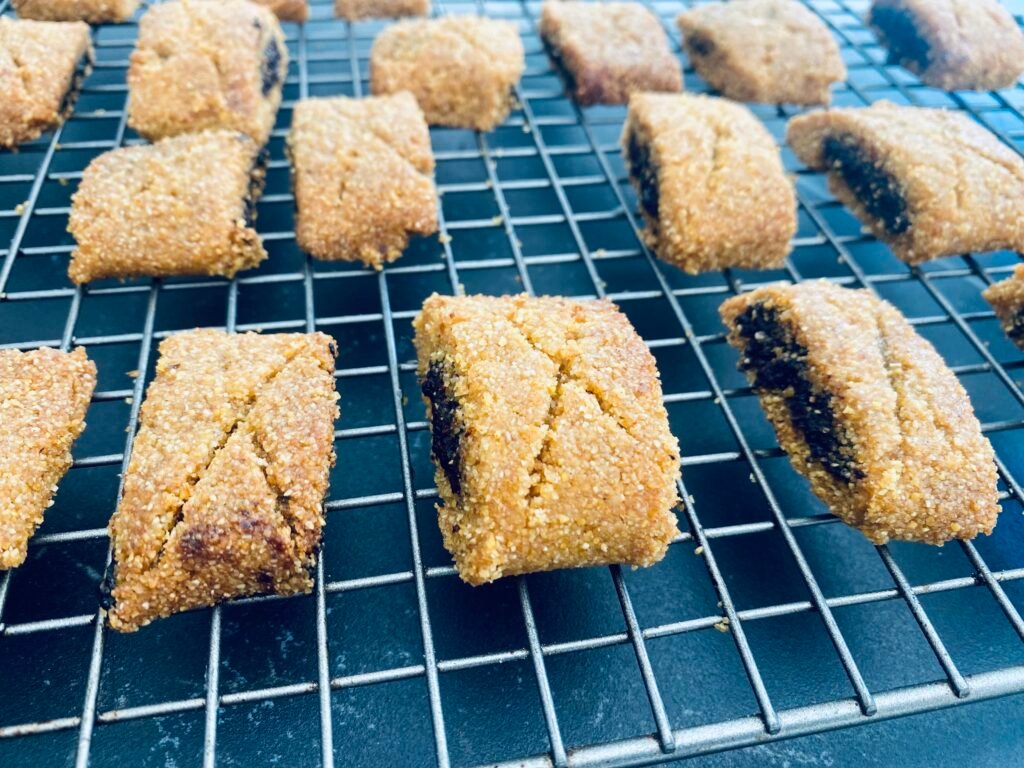Algeria, the largest country in Africa, is a land rich in history, culture and culinary traditions. Located in the north of the continent, it extends from the shores of the Mediterranean to the vast expanses of the Sahara. Its cultural heritage is marked by Berber, Arab, Ottoman and French influences, which are reflected in its customs, architecture and gastronomy. My husband's maternal family was pied-noirs and had to regretfully leave Algeria in 1962.
Culture and History
Algeria has a thousand-year history, ranging from the first Berber kingdoms to the Arab invasions, including French colonization. This complex past has forged a multicultural identity, visible in its historic cities like Algiers, the “White”, with its white houses perched by the sea, and its kasbahs listed as UNESCO world heritage sites. Rai music, originating from the Oran region, and chaâbi, typical of Algiers, are symbols of modern Algerian culture.
Traditional Cuisine and Gluten Free Options
Algerian cuisine offers many naturally gluten-free dishes, reflecting the richness of its local ingredients and culinary traditions. One of the star dishes is chorba (a traditional soup made with meat, vegetables and chickpeas), perfect for a gluten-free diet when prepared without vermicelli. tagine , a type of meat or chicken stew accompanied by vegetables and spices, is also a delicious and naturally gluten-free option .
Among the essentials:
- Chorba : A rich soup made with meat, chickpeas and vegetables, perfect for a gluten-free diet when prepared without vermicelli.
- Tagine : This slowly simmered meat or chicken stew with vegetables and spices is naturally gluten-free.
- Chlita : A salad of roasted peppers and tomatoes, seasoned with garlic and olive oil, offering a gluten-free explosion of flavors.
- Mechoui : A whole roast lamb, often served on special occasions, which reveals authentic flavors thanks to the simplicity of cooking.
- Grilled fish : Typical of the Algerian coast, fresh grilled fish is accompanied by seasonal vegetables, a tasty and gluten-free meal.
These dishes, rich in flavors and traditions, reflect the culinary diversity of Algeria while naturally adapting to a gluten-free diet.
Tourism in Algeria: Between History and Nature
Visiting Algeria means diving into a and natural adventure Among the must-see sites, you will find:
- The Casbah of Algiers : A labyrinth of streets, traditional houses and historic mosques offering panoramic views of the Mediterranean.
- The Roman Ruins of Timgad and Djemila : Impressive archaeological sites, vestiges of the Roman Empire, perfect for lovers of ancient history.
- The Sahara : Explore the desert with its endless dunes and hidden oases, like Djanet or Ghardaïa, where nomadic traditions are still alive.
- Kabylia : A mountainous region with a strong Berber culture, offering green landscapes and legendary hospitality.
Algeria also offers a unique experience for lovers of the great outdoors with hikes through the Atlas Mountains, desert excursions or stays in remote oases.


